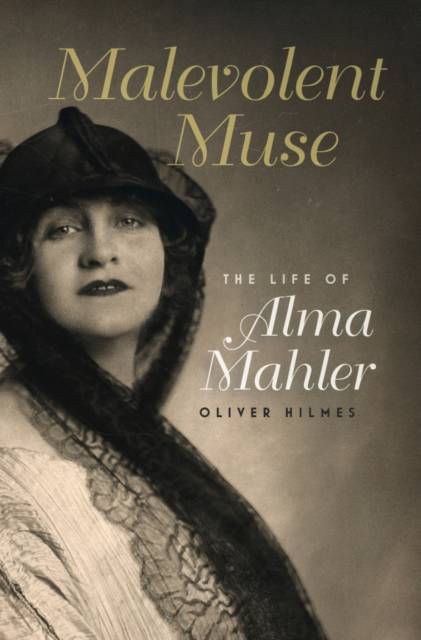
- Afhalen na 1 uur in een winkel met voorraad
- Gratis thuislevering in België vanaf € 30
- Ruim aanbod met 7 miljoen producten
- Afhalen na 1 uur in een winkel met voorraad
- Gratis thuislevering in België vanaf € 30
- Ruim aanbod met 7 miljoen producten
Omschrijving
Of all the colorful figures on the twentieth-century European cultural scene, hardly anyone has provoked more-polarized reactions than Alma Schindler Mahler Gropius Werfel (1879-1964). Mistress to a long succession of brilliant men, she married three of the best known: the composer Gustav Mahler, the architect Walter Gropius, and the writer Franz Werfel. Her admirers regarded Alma as a self-sacrificing figure of inspiration to great artists, many of whom indeed exhibited a remarkable devotion to her. Her detractors saw her as a self-aggrandizing social climber, a boozy, bigoted, vengeful harlot--or as one contemporary put it, "She was a grande dame and at the same time a cesspool."
So who was she really? The historian Oliver Hilmes sets the record straight. Drawing on a trove of unpublished material, much of it in Alma's own words, as the basis for his biography of her, he succeeds in evoking the atmosphere of intellectual life on the Continent during the first half of the century. Hilmes goes on to describe life in émigré communities on both coasts of the United States following the Nazi takeover in Europe. First published in German in 2004, the biography was hailed as a rare combination of meticulous scholarship and sensational gossip. The whiff of scandal surrounding this reputed muse of geniuses helped make the book a runaway best-seller.
Specificaties
Betrokkenen
- Auteur(s):
- Vertaler(s):
- Uitgeverij:
Inhoud
- Aantal bladzijden:
- 360
- Taal:
- Engels
Eigenschappen
- Productcode (EAN):
- 9781555537890
- Verschijningsdatum:
- 5/05/2015
- Uitvoering:
- Hardcover
- Formaat:
- Genaaid
- Afmetingen:
- 163 mm x 241 mm
- Gewicht:
- 680 g

Alleen bij Standaard Boekhandel
Beoordelingen
We publiceren alleen reviews die voldoen aan de voorwaarden voor reviews. Bekijk onze voorwaarden voor reviews.











